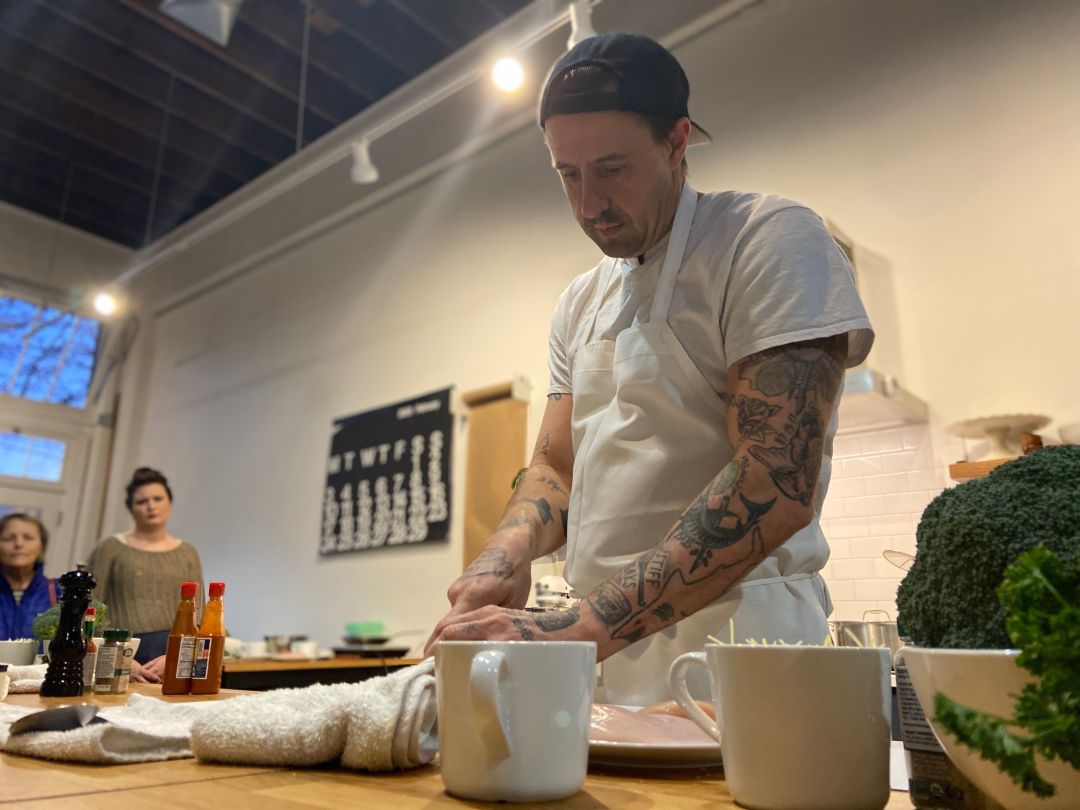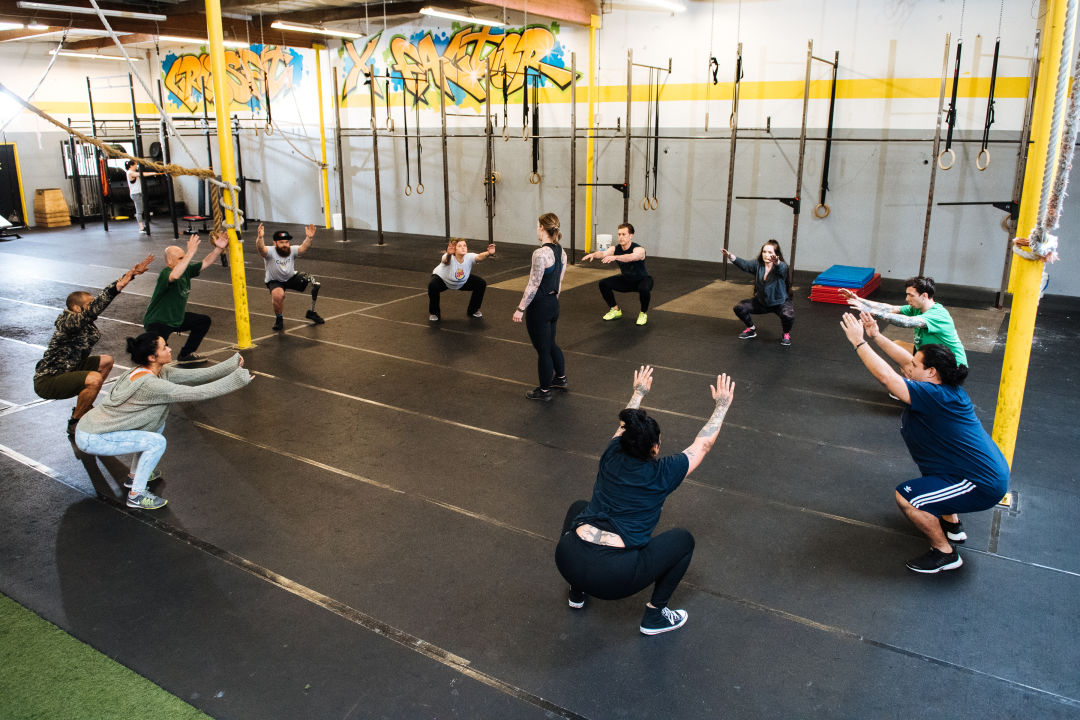Alano Club's Resources Offer A Sense of Community

The statistics are staggering. More than 93,000 overdose deaths in less than a calendar year, a 30% increase, or nearly 11 deaths an hour. The COVID-19 pandemic has contributed to an unprecedented crisis among those experiencing substance use disorder, and with many unable to access in-person services, organizations like the Alano Club of Portland, that offer cost-free supports, services and resources to those experiencing or in recovery from substance use disorders, are finding new and innovative ways to provide a sense of community at a time when many remain isolated.
“We identified the need immediately,” says Kasey Anderson, Director of Development at the Alano Club of Portland. “I don’t think any of us could have anticipated the degree to which this would impact our work or how long it would last but, from the moment things started closing down, we knew we had to completely redesign how we delivered resources and support because people simply were not going to be able to be physically together for a while.”

A New Approach
For the Alano Club, that meant moving their programming — mutual aid support meetings; art, writing and music workshops; CrossFit, yoga, meditation and cooking classes; peer-delivered support services — online. In early March, the Alano Club, along with Unity Recovery in Pennsylvania, led a nationwide collaborative to provide digital recovery supports to anyone, anywhere. It also meant mobilizing the Club’s staff to deliver resources — anything from meals to laptops and WiFi hotspots for those without internet access — to members of the community who would have been unable to receive those services otherwise.
Since March of 2020, more than 571,000 people have accessed the Alano Club’s online and in-person resources, rebuilding a community even as many remain isolated from public spaces. It’s a new model of service, one that was built in response to a crisis but aspects of which addressed inequities in the continuum of care that existed well before the COVID-19 pandemic and will remain after the worst of it has passed.
Lasting Change
Brent Canode, the Alano Club’s Executive Director, says many of the resources built in response to the pandemic will continue to be offered by the Club even though in-person gathering has resumed. “It’s an equity issue, as much as it is a response to COVID,” Canode says. “We’ve identified gaps in the system and tried to address them with low-barrier, digital solutions, and we’ll continue to do so going forward. That’s our work. There’s a saying in the recovery community, ‘Connection is the opposite of addiction,’ so whatever we can do to address those things that isolate individuals from the community — whether it’s a public health crisis, food insecurity, housing insecurity, or systemic inequity — we’ll do. There are literal lives on the line in this work, and never before have so many been so vulnerable to reoccurrence of use and overdose. While COVID has certainly presented new barriers, it has also magnified barriers that pre-dated the pandemic by years, decades. Our primary purpose is to eliminate those barriers, to eliminate anything that keeps people from accessing the recovery supports they need and deserve.”
For more information about the Alano Club of Portland, visit portlandalano.org.
